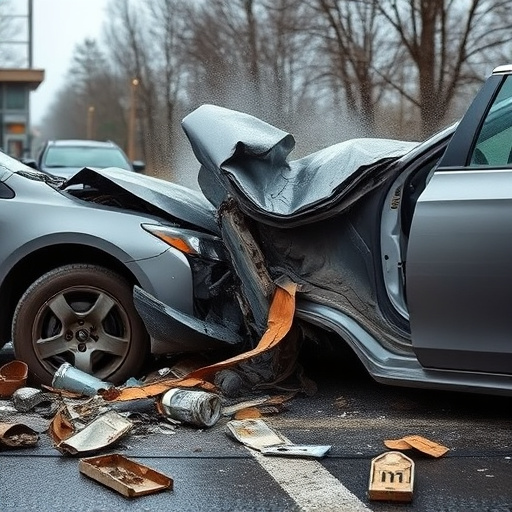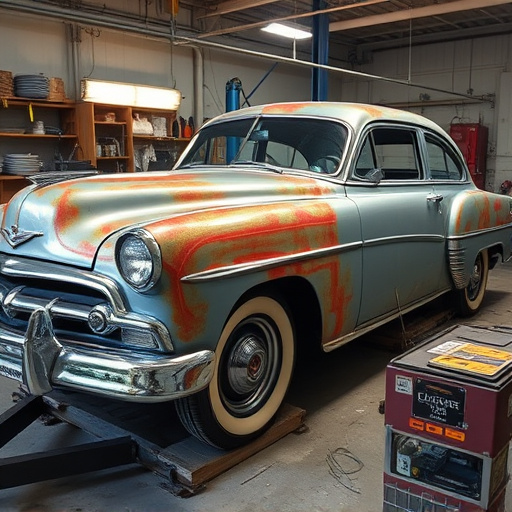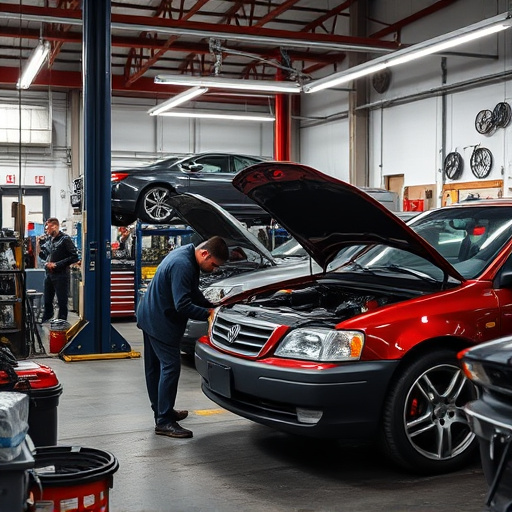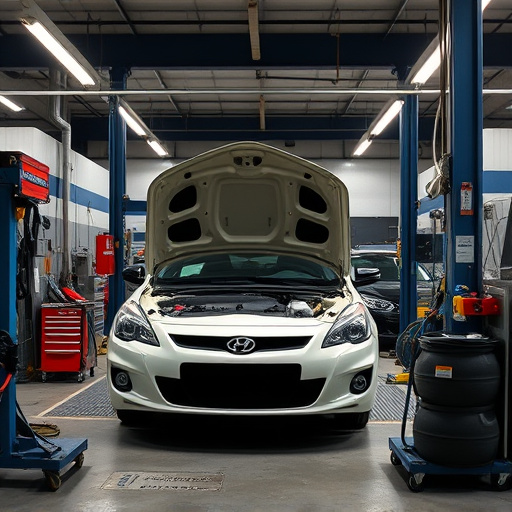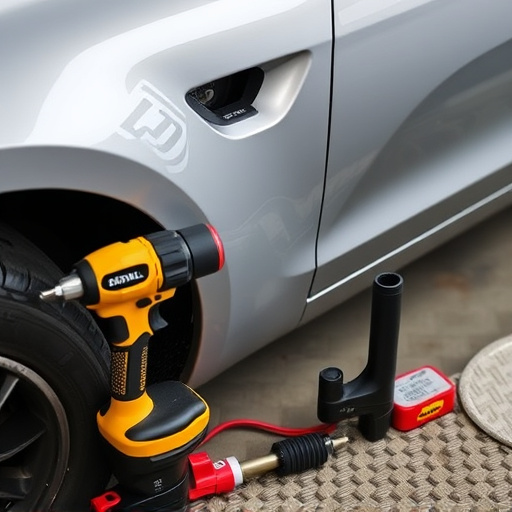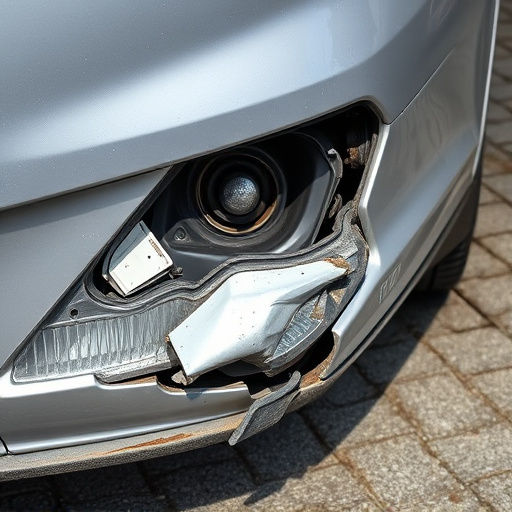Total loss assessment is a vital process determining the financial value of damaged vehicles, especially when repairs are cost-ineffective. Conducted by professionals, it considers damage extent, part availability, labor costs, and market value of similar vehicles. To challenge an unfair assessment, document all visible damage with high-quality media and collect expert reports for repair estimates. Navigating the complex process requires understanding policy documents, reviewing criteria for total loss evaluations, and seeking help from experienced insurance experts or attorneys specializing in these assessments. Proactive steps ensure fair compensation for vehicle repairs or replacement.
Unfair total loss evaluations can be devastating, especially when a significant asset or business is at stake. Understanding how these assessments work is crucial in challenging an unfavorable outcome. This article guides you through the process, from grasping the fundamentals of total loss assessment to gathering compelling evidence and navigating appeals effectively. Learn strategic steps to seek compensation and protect your rights when faced with an unfair evaluation.
- Understanding Total Loss Assessment: The Basics
- Gathering Evidence to Challenge the Evaluation
- Navigating the Appeals Process and Seeking Compensation
Understanding Total Loss Assessment: The Basics

Understanding Total Loss Assessment: The Basics
Total loss assessment is a process used to determine the financial value of a vehicle after it has suffered significant damage, often beyond cost-effective repair. This evaluation plays a critical role in insurance claims, especially when a car undergoes extensive repairs or is deemed a total write-off. The primary goal of this assessment is to ensure fair compensation for the owner, considering both the economic and emotional value attached to their vehicle. It involves a detailed inspection by qualified professionals who analyze various factors such as the extent of damage, availability of replacement parts, labor costs, and market value of similar vehicles in good condition.
In the context of auto maintenance and car body repair, total loss assessment helps in distinguishing between repairs that are financially viable and those that would incur excessive costs. While some minor dents or scratches might be fixed through routine maintenance or vehicle paint repair, more severe damages could necessitate a total loss declaration. This process ensures that insurance companies and policyholders alike make informed decisions regarding the future of their vehicles, striking a balance between cost-efficiency and fair reimbursement.
Gathering Evidence to Challenge the Evaluation

When challenging a total loss assessment, gathering robust evidence is key to building a compelling case. Start by meticulously documenting all visible damage on the vehicle during the initial inspection. High-quality photos and videos can serve as powerful tools, capturing every detail of the collision damage. Focus on both external and internal components, ensuring that nothing goes unnoticed. For instance, deep scratches or dents, cracked windshields, and damaged lighting fixtures should be thoroughly documented.
Additionally, consider collecting reports from qualified mechanics or auto body repair experts. These professionals can assess the vehicle’s condition and provide estimates for the cost of collision damage repair, car scratch repair, or auto body repair. Their insights and calculations can significantly strengthen your argument against the total loss evaluation, demonstrating that the vehicle’s value may not be as depleted as initially assessed.
Navigating the Appeals Process and Seeking Compensation

Navigating the appeals process after an unfair total loss assessment is a crucial step to securing the compensation you deserve. The first step is to thoroughly review your policy documents and understand your rights and responsibilities as outlined in the contract. This involves closely examining the criteria used for total loss evaluations, especially regarding vehicle body repair or auto body repair considerations, to ensure they align with industry standards and legal requirements.
Seeking professional assistance from experienced insurance experts or attorneys specializing in these matters can significantly enhance your chances of success. They can guide you through the complexities of the process, help gather relevant evidence, including estimates from reputable auto body repair shops for a fender bender or any other minor incident that led to the total loss assessment, and represent your interests during negotiations with insurance companies. Remember, knowledge is power; understanding your options and taking proactive steps can lead to a favorable outcome and ensure you receive fair compensation for your vehicle’s repairs or replacement.
Total loss assessments can be complex, but understanding your rights and gathering compelling evidence are key to challenging an unfair evaluation. By navigating the appeals process effectively, individuals can seek compensation and ensure a more accurate representation of their losses. Remember, thorough documentation and a persistent approach can lead to a positive outcome in these challenging situations.

